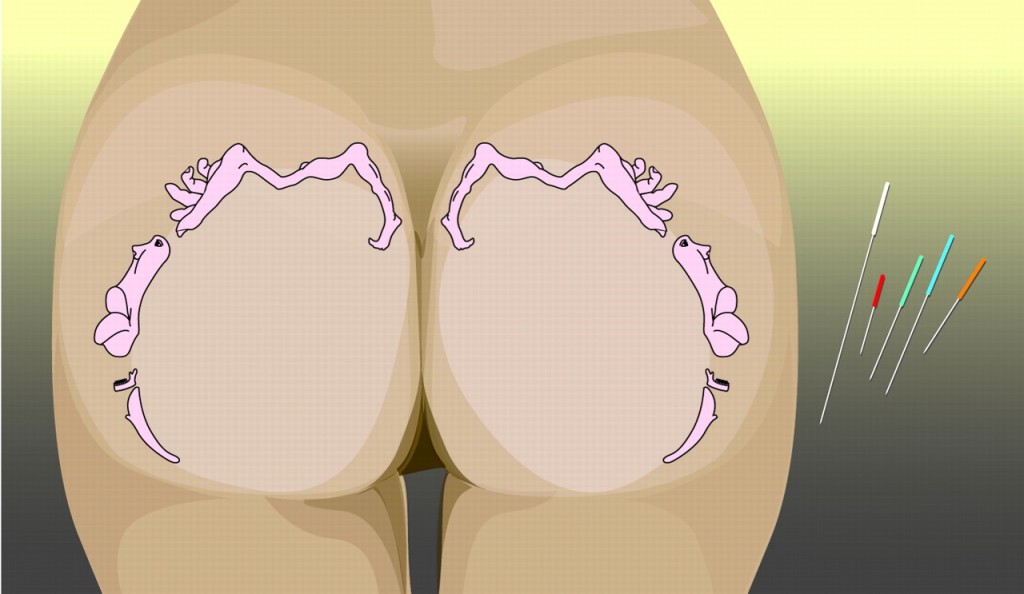Scientific articles published in prestigious medical journals don’t usually begin like this:
A Little Red Hen lived in a university hospital where she took care of the sick animals in the different wards. She did this under the overseeing eye of her wise and learned mentors. There was the Cow, who had a degree from a prestigious overseas university. There was the Pig, who had led mergers of several high standing hospitals in the country. And there was the Sheep, who had an outstanding treatment record with almost no animal morbidity and mortality.
But it’s almost Christmas. And each Christmas, the 170-year-old British Medical Journal puts out an issue packed with articles that are funny, quirky, and downright bizarre. “The essence of the Christmas BMJ is strangeness. It’s our left brain issue. We want everything to be not as it seems,” wrote the journal’s editor, Richard Smith, in 2000. The above excerpt, for instance, comes from an article about the challenges of collaborations in medical research. The Little Red Hen in this tale does all the work and gets little of the pie she baked. (In the classic folk tale, of course, Little Red Hen asks for help turning wheat seeds into bread and receives none. But at least she gets to eat the bread!).
Food seems to be a common theme in BMJ’s Christmas issue. In one study, researchers in Zurich and the UK set out to settle an apparently long-standing debate about whether fondue should be accompanied by white wine or black tea. “We chose to study fondue because this is an important question here in Switzerland,” says study author Mark Fox of the Nottingham Digestive Diseases Center in the UK in a video that accompanies the online article. And what better way to settle such an important question than to conduct a randomized clinical trial?
The 20 participants fasted for six hours and then stuffed themselves with nearly half a pound of Swiss cheese fondue. Half drank white wine with their meal and half drank black tea. Following the meal, the subjects quaffed a shot of cherry schnapps or a shot of water.
The conclusion? Neither beverage seems to have an effect on indigestion, although alcohol did slow digestion and suppress appetite, which, the authors report, could lead to prolonged fullness and “the feared ‘cheese baby’ syndrome.”
But the fun doesn’t stop there. Another study compares the urine output of intensive care doctors with that of their patients. Another debunks the old Danish myth that alcohol can be absorbed through the feet. Another examines whether sleep deprivation influences attractiveness.
I’ll leave you with one last gem (which will explain the image at the top of this post). This Christmas BMJ paper is not a study, but a tale of deception featuring John McLachlan, an embryologist at Durham University in the UK and alternative medicine skeptic. Last summer, he received an email from the organizers of the International Conference on Integrative Medicine. The message noted that participants would “deal with ways to unite the scientific principles of modern medicine with the holistic principles of alternative medicine.”
“Alternative medicine is not noted for rigorous inquiry, for research designed to prove the null hypothesis, but rather accepts notions on face value,” McLachlan writes. So how rigorous would the organizers of the International Conference on Integrative Medicine be? McLachlan decided to find out.
McLachlan wrote the organizers back. He presented his accomplishments, and then informed them that he had discovered a new brand of reflexology focused on the human buttocks. Reflexology is based on the premise certain parts of the body – the feet, for example – hold a miniature map of the human body. By touching different regions on the “map,” reflexologists purport to be able to affect different parts of the body. McLachlan claimed to have found a similar map on the butt that responds to acupuncture needles and “gentle suction.” In other words, he lied.
The organizers asked for his abstract. Instead of confessing, McLachlan sent one. He said he would present case studies and testimonies as evidence that his new brand of butt reflexology works both as a therapy and as a diagnostic tool.
But instead of laughing at the ridiculousness of his idea and cringing at his use of testimonies as scientific evidence, the organizers offered him a space on the program. McLachlan, of course, declined. “Unfortunately, I did not believe that I wished to carry the joke so far as to actually attend, although part of me was tempted,” he writes.
BMJ’s Christmas issue comes out in print December 18, but many of the articles are already available online.
**
Image credit: British Medical Journal

2 thoughts on “BMJ’s Bizarre and Boisterous Christmas Issue”
Comments are closed.